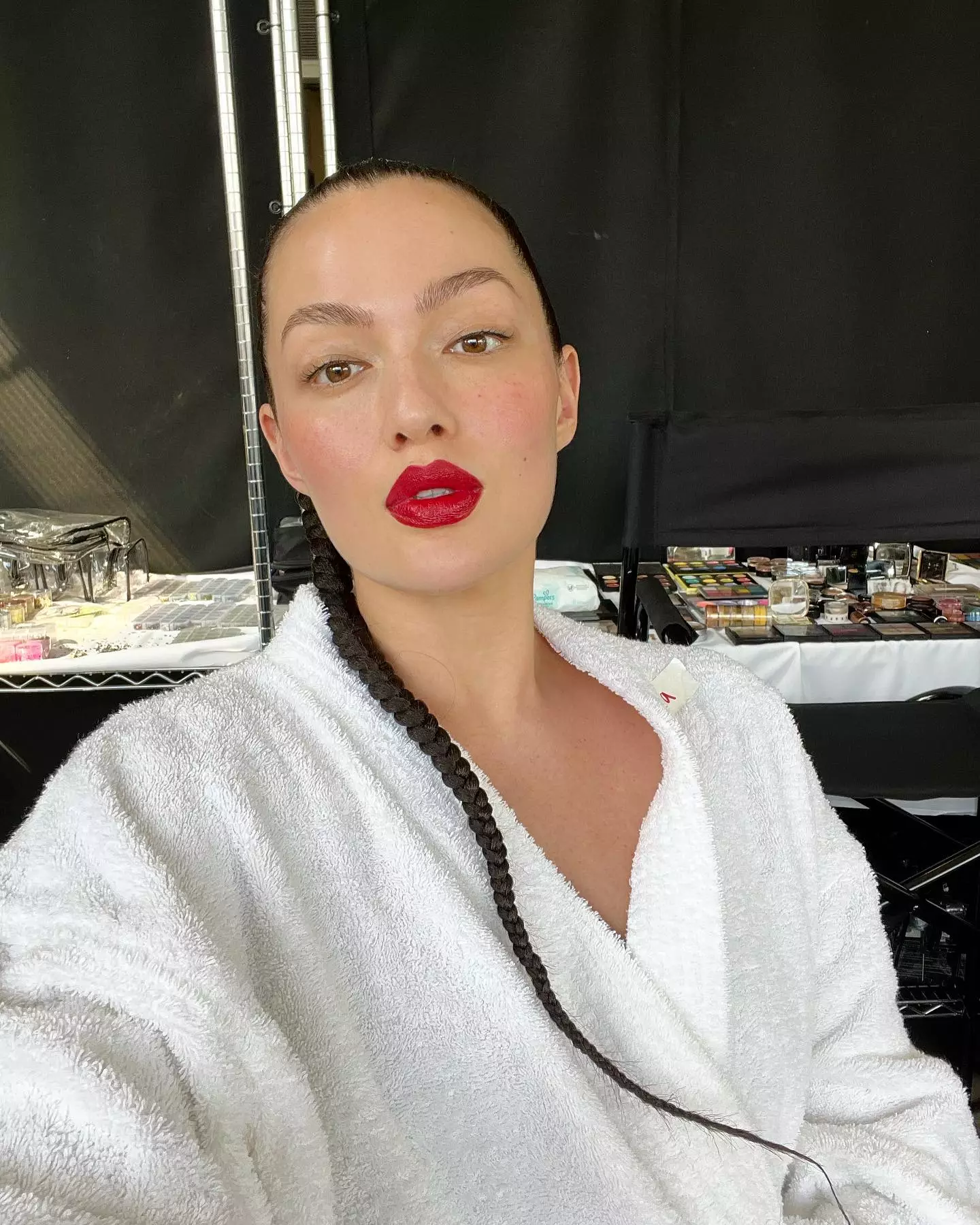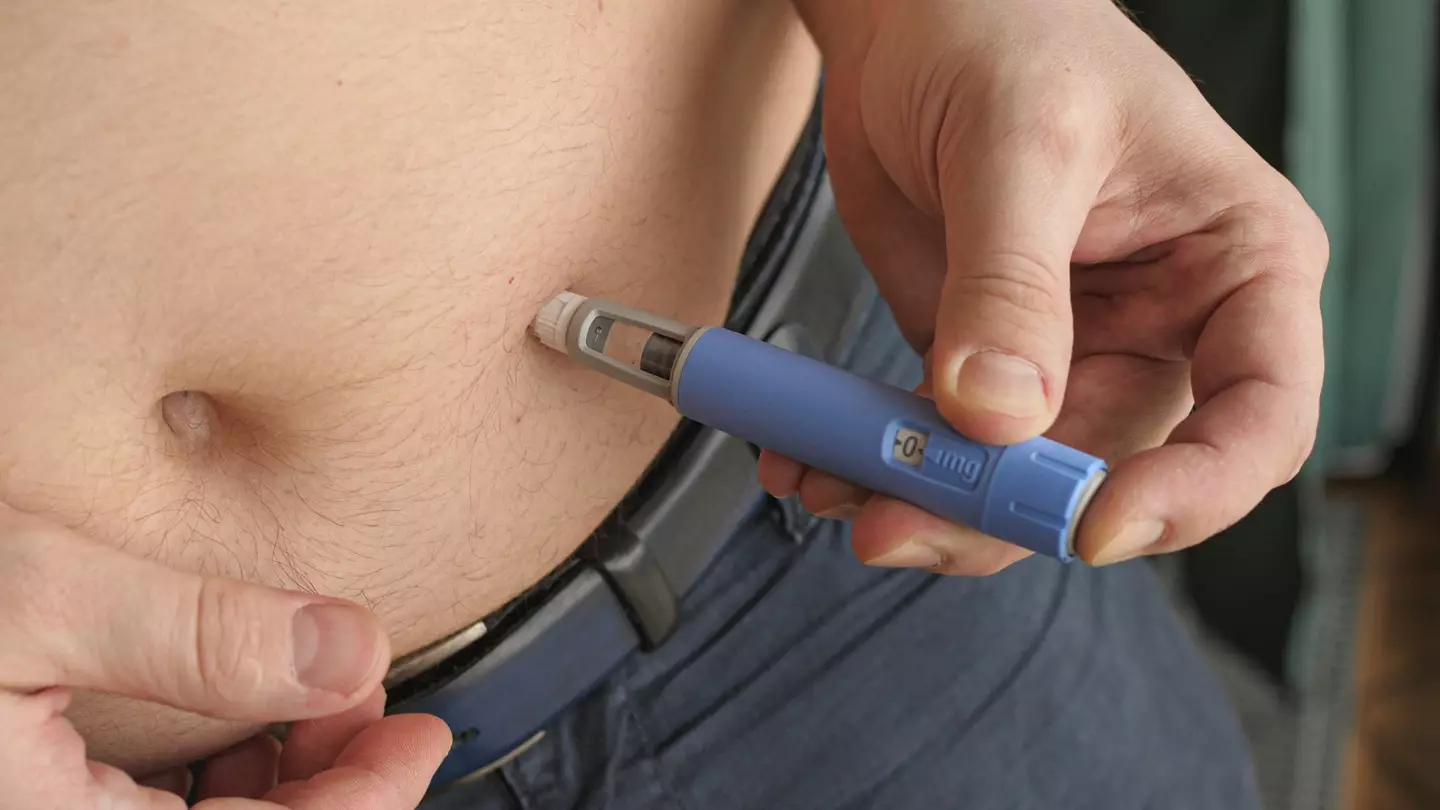
In late 2022, it was reported that US healthcare providers wrote a staggering nine million prescriptions for Ozempic, Wegovy and similar drugs - up 300 percent compared to the start of 2020.
Now if you type 'Ozempic pens' into Google for example, you'll probably be met with a host of sponsored posts about next day delivery weight loss pens, proving just how accessible these types of drugs have become.
Originally drugs like Ozempic were created to help diabetics, but some have since gone on to be licensed for weight loss purposes as well.
Advert
In recent times, dozens of celebrities have opened up about using drugs like Ozempic for this reason.
From Oprah Winfrey and Sharon Osborne, to Tracy Morgan and Chelsea Handler, many famous faces have given it a try for themselves.
As to what exactly Ozempic is, Claire Merrifield, GP and Medical Director at Selph, explained: "Ozempic, or semaglutide, is a once-weekly injectable drug originally derived from the venom of the Gila monster lizard.
"It has gained popularity due to its ability to promote weight loss by mimicking glucagon-like peptide 1 (GLP-1).
"Our bodies naturally produce GLP-1 after we eat, which slows the emptying of the stomach, stops us eating more and stimulates insulin release from the pancreas. One of the main reasons it supports weight loss is because it reduces your appetite, while you continue to take it."
While Ozempic is not FDA-approved for weight loss purposes, Wegovy is.
Some people still take Ozempic to lose weight, however.
.jpg)
GP Claire went on: "There has been a social media frenzy about these drugs which has fuelled popularity as the latest ‘quick-fix’ for weight management and lots of companies are turning their hand to selling it."
While weight loss is encouraged by healthcare professionals for those who are genuinely overweight, people like runway model and eating disorder survivor Mia Kang fear that improper use of drugs like these are encouraging people to 'live in a society that praises and idolises thin women'.
Speaking to UNILAD, Mia said: "We live in a society that has told us that thinner is better. Being a woman in today's society filled with filters, photoshop, Facetune, cosmetic procedures and rapid changing trends, it’s really hard to not feel the pressures of modern day beauty standards.
"For over a decade I was a sample size model (size 2-4 US) in magazines, on runways, on billboards etc., and I was living with eating disorders and doing/taking anything I could to keep up with the toxic standard of beauty that I was apart of."

At the height of her struggles, Mia said she would have done 'anything' to reach her goal weight and, had drugs like Ozempic been as available as they are now, she's likely to have become 'dependant' on it.
Noting its increase in popularity, the model - who has worked with brands like Victoria's Secret and Everlast - continued: "When your favourite singers, real housewives, celebs in the tabloids are all shrinking down and being praised for how great they look, you don’t think that is aspirational for the consumers and fans?
"And when a quick fix that is promising to make you lose double digits in a matter of weeks all while you don’t need to cut foods out or even lift a finger in the gym, you don’t think that will create addiction?"
Mia did note that Ozempic and similar products are 'important' for those who genuinely need it, but further expressed her fears that 'those who want to lose weight for vanity or vanity disguised as “health” is extremely problematic'.
Claire Merrifield echoed similar sentiments as she explained: "It’s not appropriate to take if you’re just carrying a few extra pounds and want to lose a bit of weight.
"This drug is for people who are really struggling with their weight and for people where that extra weight is causing other health issues."

Mia has found herself victim to social media ads about weight loss pens - just like thousands of others will have done.
"I tried to Google and see how accessible [Ozempic] is and it’s about as difficult to get as Botox is, and since I’ve Googled it I’m getting targeted ads on social media," she told us.
"Doctors, online websites, aestheticians and even your local med spa are making a lot of money by selling this drug and to me it seems like there is a level of irresponsibility with this increased accessibility."
Claire shares Mia's worries and said that these type of online ads 'gives the message that the drug is totally safe and probably promotes its use amongst people who don’t need it'.
"Any drug you take has a potential benefit and a potential risk and healthcare professionals have trained for many years to explain this to people so they can make an informed decision about whether it is right for them," Claire further warned.

"I would doubt that many beauty salons would warn you about the risk of ‘Ozempic face’ or facial ageing from rapid weight loss, as this is not likely to make you look better.
"How about when you come off the medication? Your appetite will come straight back and unless you’ve been supported to make lifestyle changes while you’re on the medication to reset your relationship with food and eating, the likelihood is you’ll put the weight straight back on."
Claire added: "We also still don’t know what the long-term effects of this medication are so this should be explained to people before they start taking it."
One woman has reported that using the drug has allegedly left her with a 'life-threatening bowel injury', resulting in her having to undergo a nine-hour surgery.
According to a lawsuit filed against Novo Nordisk (the creator of Ozempic), doctors said she would be in pain 'for the rest of her life' and 'will never have a solid bowel movement again'.
She's one dozens of people to have reported debilitating side effects of taking the drug.
If you've been affected by any of these issues and want to speak to someone in confidence, contact the National Eating Disorder Association (NEDA) via its website, or call National Alliance for Eating Disorders Helpline on 1 (866) 662-1235 (available Monday-Friday, 9am-7pm ET).